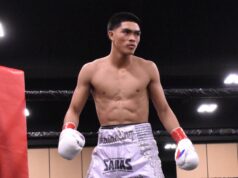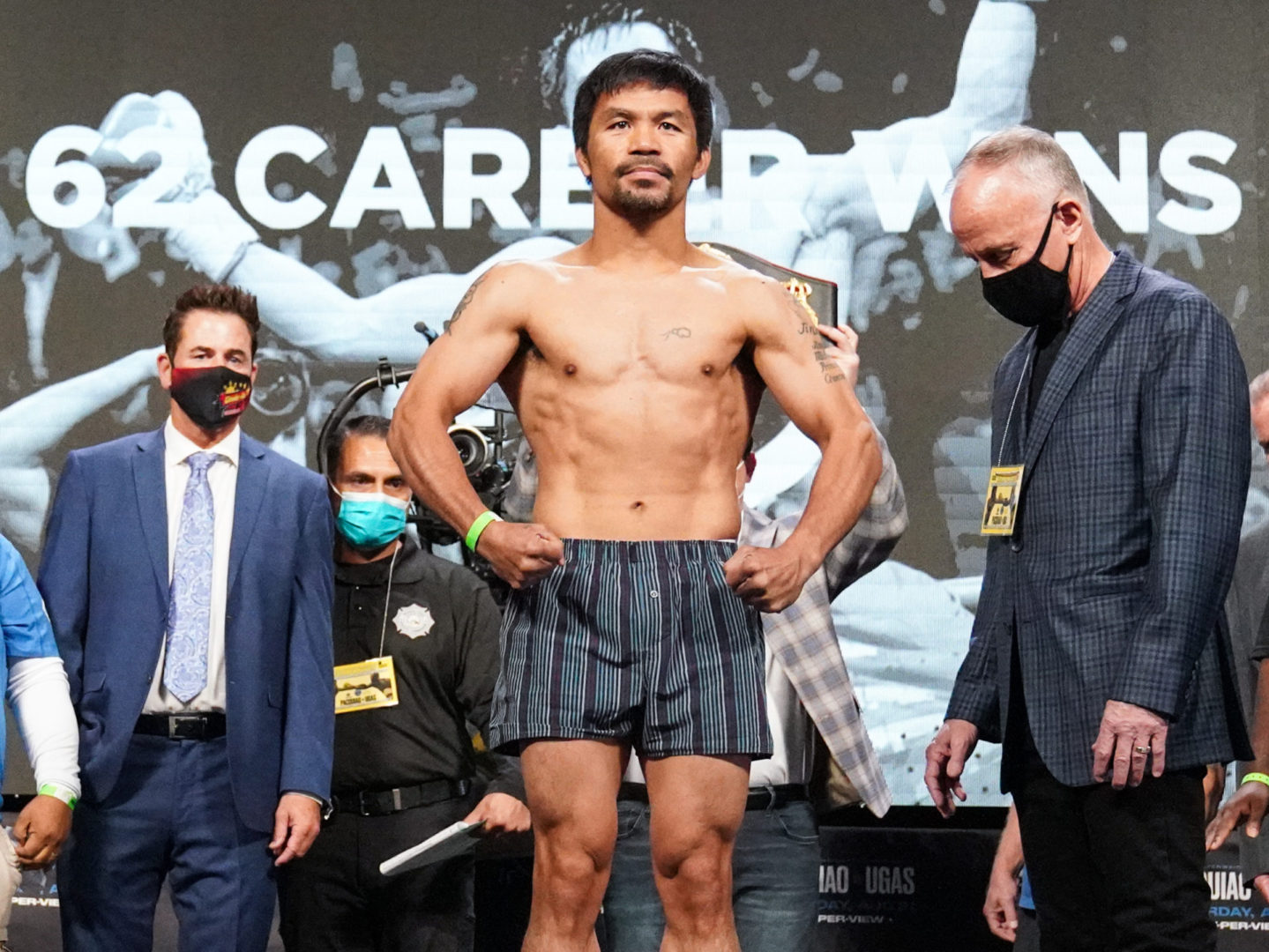Promoters for a bare-knuckle fight featuring former cruiserweight contender Bobby Gunn Friday night at a casino on Native American land near Phoenix are promising enhanced safety measures for a controversial bout that the Arizona State Boxing & MMA Commission would cancel if it had the power to do so.
“Absolutely, we would not allow it,’’ Commission Executive Director Dennis O’Connell said of the bout at the Fort McDowell Yavapai Nation, which is not subject to regulation by the state agency that oversees boxing and mixed martial arts.
Dave Feldman of FelKO Promotions said he understands the Commission’s objection.
“I respect their opinion 100 percent,’’ Feldman said. “I’d be a fool, otherwise. That’s why we’re taking all of these safety precautions.’’
Feldman said plans for the Gunn fight against MMA fighter Chris Thompson include two referees instead of one. The bout, the main event on the card (first bell/8 p.m., PST), is scheduled for ten 90-second rounds. Although the knuckles will be bare, Feldman said wrists and other parts of the hands will be taped. He also said additional medical personnel will be at ringside.
Cuts are the biggest fear, Feldman said. Rules have been modified to allow each cut-man an additional 30 seconds to stop the bleeding.
“Safety is paramount,’’ said Feldman, who says he has researched a bygone version of a street sport that has been not been conducted under official rules or with public approval for more than a century, or probably since 1889 when John L. Sullivan reportedly knocked out John Kilrain in the 75th round in Mississippi.
Feldman said the Gunn-Thompson bout will be regulated by the Fort McDowell Yavapai Nation. However, the Tribe is not a current member of the national Association of Boxing Commissions (ABC). It has not been since September of 2008, O’Connell said from the ABC’s annual convention in Washington, D.C.
In 2008, Fort McDowell also terminated a working relationship with the state Commission, which had regulated a few pro cards on the Yavapai reservation as part of a state-wide compact that includes other Arizona tribes.
In 2008, a Phoenix police officer, Barry Scott died on Sept. 16 four days after a bout on a FelKO promoted card at Fort McDowell featuring cops-versus-firemen. It was not regulated because the fighters were amateurs. Hunter, who wore gloves and headgear, died of suspected head trauma that might have been inflicted during heavy sparring while training.
With increasing interest in mixed martial arts, Feldman believes there might be a future for bare-knuckle boxing. However, he expects controversy and admits he is uncertain about what might happen.
“We’ll see,’’ said Feldman, who said he already has plans for more bare-knuckle boxing, perhaps in other states.
O’Connell said opposition to the bout was expressed in opening remarks at the ABC convention’s first day in Washington, D.C.
The Commission also sent out a press release, dated July 29 and headlined:
State Boxing Commission Not Involved in Upcoming Bare-Knuckle Bout at Fort McDowell.
In the second of only three paragraphs, the Commission’s release said:
“Bare-knuckle matches or bouts have serious health and safety implications for participating contestants. For that reason, Arizona laws and regulations governing boxing and mixed martial arts require the use of approved gloves. A bare-knuckle bout would never be sanctioned by the Arizona State Boxing and Mixed Martial Arts Commission, nor any other state or tribal commission that is a member of the National Association of Boxing Commissions.”










